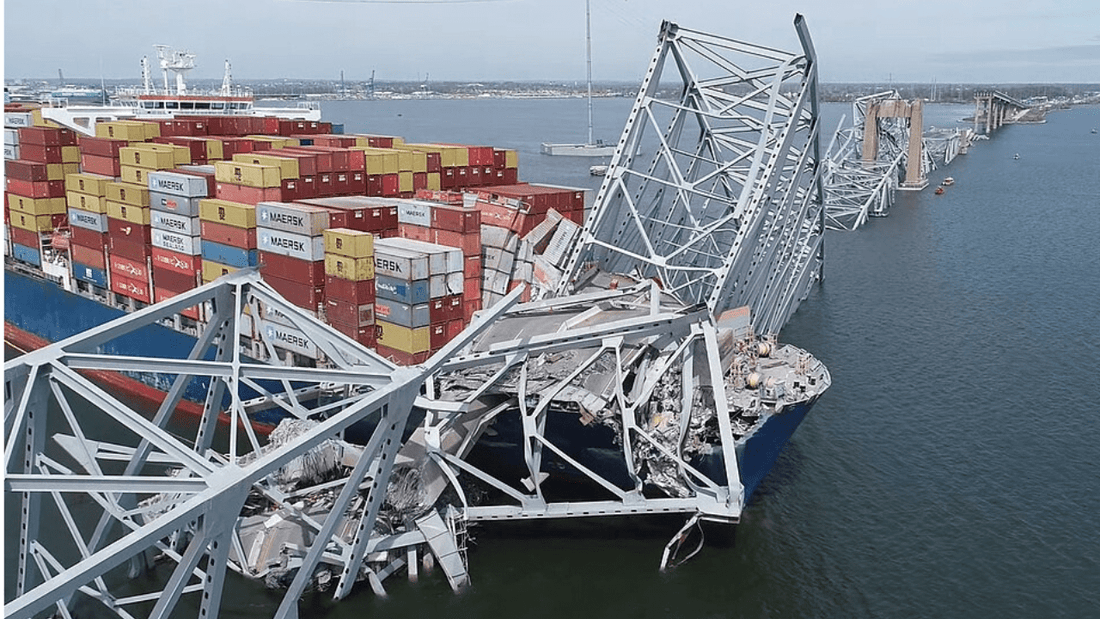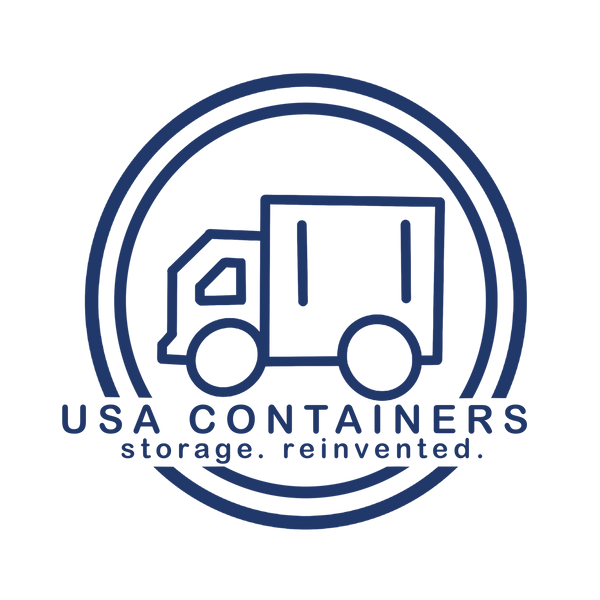
Effects of the Francis Scott Key Bridge Collapse on the Global Shipping Industry
Share
The bridge collapse near the Port of Baltimore on March 26, 2024 sent shockwaves through the shipping industry, raising serious concerns about the safety and reliability of critical supply chain infrastructure.
Why the Port of Baltimore Matters
As a major hub for both imports and exports, the Port of Baltimore handles millions of shipping containers each year. Its strategic location and strong transportation links make it a vital player in international trade. But the collapse brought operations to a standstill, causing massive delays, logistical headaches, and increased pressure on businesses that depend on smooth cargo movement.
Shipping Container Traffic Took the Biggest Hit
The shipping container industry was hit especially hard by the disaster. Shipping container companies faced delivery delays, container shortages, and soaring transportation costs.
How the Industry Responded
This crisis exposed just how vulnerable our supply chain infrastructure is to unanticipated events. Although shipping companies acted quickly—rerouting cargo, exploring alternative transport methods, and doing whatever they could to minimize the fallout, getting things back on track took a long time.
The Case for Infrastructure Investment
If there’s one lesson here, it’s that the U.S. needs to invest more in infrastructure. Many of our nation’s bridges, roads, and ports are aging—and vulnerable to failure. Modernizing and maintaining these critical structures is essential not just for public safety but also for the stability of our economy. By funding upgrades and focusing on long-term resilience, we can help prevent future catastrophes and keep supply chains running smoothly.
Fill out the form below for a free shipping container quote from USA Containers:
